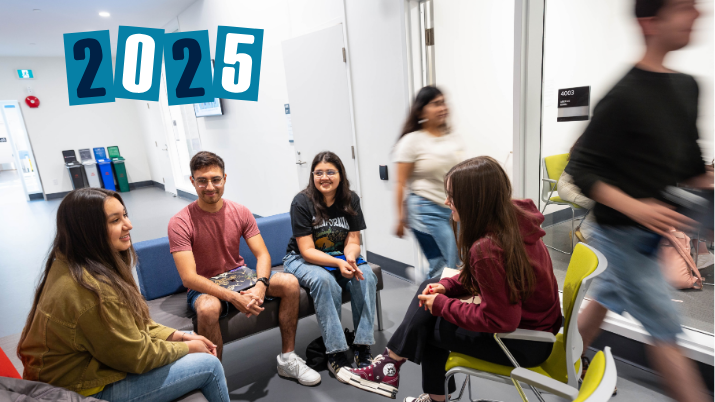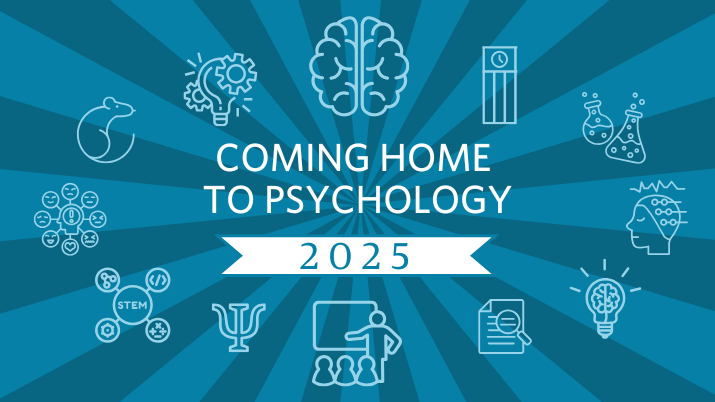Title
Early experience and the brain: how environmental and neural variation can inform our understanding of neurodevelopment in infancy and beyond
Abstract
Experience-dependent learning shapes the neural foundations that underpin increasingly complex cognitive abilities, allowing children to grow and adapt to their specific environmental demands. In my research I study infants and children from a developmental cognitive neuroscience perspective to uncover behavioural and physiological evidence of how and when these neural foundations are established. I use language as a model system to examine a) how variation and/or deviation in early input alters neural foundations that act as a scaffold for subsequent development, and b) how the brain adapts to support learning following “atypical” early experiences. In this talk I present neuroimaging research that compares internationally-adopted children to bilingual and monolingual speakers, demonstrating how variation in early language exposure influences neural processing of both a first and second language. I further present work demonstrating that early exposure to caregiver stress influences both early neurodevelopment, as assessed using electroencephalography (EEG), as well as the early language environment, measured using full day natural language samples collected via Language Environment Analysis (LENA) recorders. Understanding the neural systems that underpin language development can provide insight into processes evoked during learning at different developmental times and in response to different early experiences. Through this lens, the brain can be viewed as adapting to its changing environment within a context of prior experience. I aim to uncover how variation in early experience acts as a window to understanding the multiple paths to “typical” development, as well as how to identify if and when development has veered off course.
Bio
Lara Pierce, Ph.D.
I received my Ph.D. in Psychology from McGill University in 2015. My dissertation work used neuroimaging tools (e.g., fMRI) to explore the influence of very early language experience on later language processing. I was delighted to join the LCN as a postdoctoral research fellow in August 2015. In the LCN I use a variety of tools (e.g., EEG, eye-tracking, behavioural measures) to understand how the nature and timing of early experiences influence brain and behavioral development. I currently oversee a project that aims to identify biological and bio-behavioral markers of early stress exposure in infants. I also work on projects examining the effects of early adverse experience (e.g., institutional rearing) on neurodevelopmental trajectories, and whether deviations in neural responses to learning can act as early markers of neurodevelopmental disorder.

